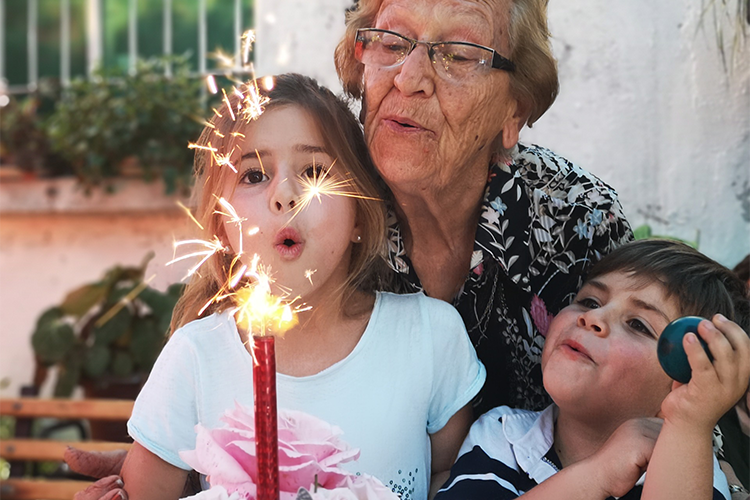In 2011, 2.5 million baby boomers those born between 1946 and 1964 – became senior citizens. For many, Social Security, Medicare and veteran benefits provide special tools and options:
Social Security Retirement
The Social Security retirement benefits workers may receive when reaching the age of full retirement are referred to as their primary insurance amounts or PIA. Although that was initially 65, for baby boomers born between 1946 and 1954 it is now 66. Like all workers, they may have started receiving benefits early, beginning at age 62.
PIA formulations compare 35 years of a worker’s highest income earnings. If a worker decides to start receiving benefits early, the benefits are 25 percent less than the calculated PIA. If a worker chooses to delay receiving benefits until age 70 or above, those benefits will surpass the PIA by 132 percent.
For assistance in estimating your possible retirement benefits, visit the Social Security Retirement Estimator online at ssa.gov/estimator.
Medicare
Medicare entitlement for seniors starts when they turn 65. At the time of eligibility, many baby boomers are employed and will remain so for quite some time. Since Medicare does not provide full coverage for all health-care needs, those eligible to receive it should not drop their private coverage without understanding potential consequences. Once a private insurance is terminated, it usually is difficult to restart.
For specific information on the coverage provided by Medicare and its supplements, as compared with those being offered by an available private plan, contact the Health Insurance Counseling and Advocacy Program online at cahealthadvocates.org or by telephone at: 800-434-0222.
Service-Connected Veteran Benefits
All veterans whose severe medical problems can be traced to active military service may receive service-connected disability benefits. Many baby boomers who served in Vietnam were exposed to Agent Orange a specific blend of herbicides used by the military to defoliate areas of forest.
Because current government regulations assume that exposure did occur, Vietnam veterans are entitled to receive presumed service-connected benefits for 40 types of cancer, Hodgkin’s disease, Parkinson’s disease and Type 2 diabetes.
Veterans needing assistance to obtain presumptive service-connected benefits associated with Agent Orange exposure may contact the VA Office of Public Health and Environmental Hazards at publichealth.va.gov.



